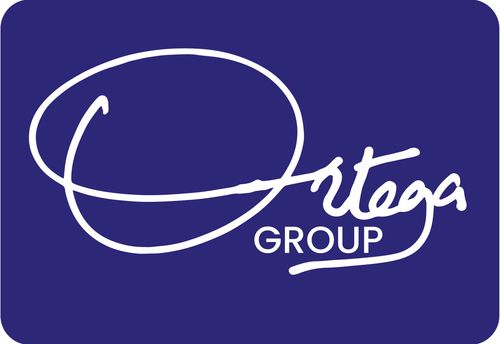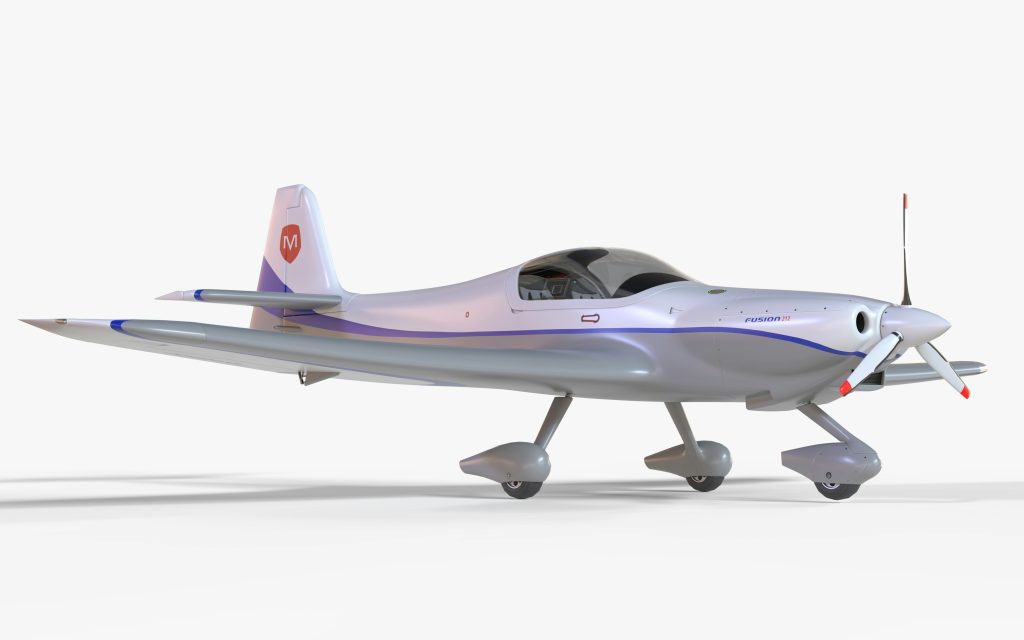Across Uganda and the wider East African region, a new generation of enterprises is emerging built on the maximization model. Global examples such as Airbnb and Uber have shown that the world is full of redundant space and underused assets. The same is true here at home. The idea is simple, recognize what already exists and put it to productive use. In business terms, you either explore or exploit. After exploration, the real breakthrough comes from asking how to exploit what you already have. This applies to individuals in our region as well. What skills are you not fully using, what space around you is lying idle, and what opportunities are passing quietly by.
Running parallel to maximization businesses are optimization businesses. These focus on reorganizing and refining the assets you already have. For a Ugandan landlord, optimization means rethinking a plot or home to create an extra rental room without buying more land. In logistics, it means solving the common problem of trucks that take goods upcountry full but return empty. The outward trip is efficient, the return trip is wasted capacity. This is a route optimization challenge that East African transporters can solve.
Many local industries still have large pockets of unused capacity. Cinemas in Kampala or Nairobi thrive during movie hours then sit empty for the rest of the night. These empty hours could easily support content creators, sports fans, gaming communities, or creative events. This is the thinking that drives a late night economy. You unlock productivity without buying new equipment or building new facilities. A factory can run a day shift and a night shift on the same line. Two organizations can share the same office space, one using it during the day and another at night.
This approach demands a mindset shift. We must learn to see hidden opportunities everywhere, even in our own households. You may have a car that spends most of the day parked at work or at home, a talent you have never monetized, a skill you give away for free, or a spare room that could generate income. Light asset businesses thrive on these insights. They do not require large capital investment. They simply require small adjustments that unlock better outcomes.
This way of thinking also leads naturally to platform businesses. A single platform can serve buyers and suppliers across East Africa, connect farmers to urban markets, link riders to passengers, or bridge financial services to micro businesses. The goal remains the same, eliminate idle capacity because idle capacity is a cost. When you examine your daily routine you may find assets that spend more hours idle than active. People who live or work near each other can share transport, cut expenses, and reduce congestion.
This is where the region is heading. A light asset world, a maximization world, an optimization world. Those who learn to unlock the full value of what they already have will define the next chapter of East African enterprise.

